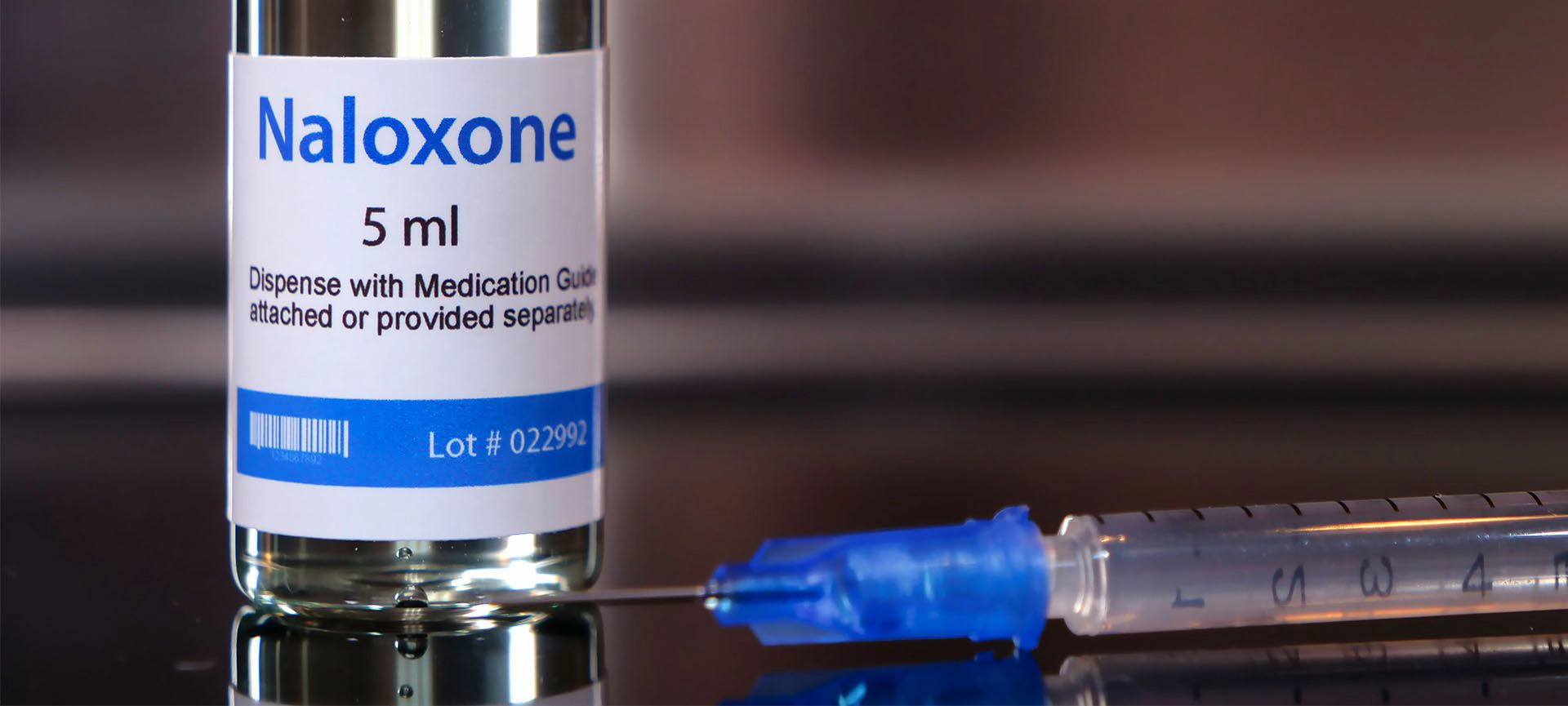Something that has so far proven to be elusive to mankind is a cure for addiction. With strong support and the right addiction treatment, long-term recovery is attainable, and many people with addictions go on to lead fulfilling lives free from substance abuse. But for many of them, it is a struggle. The risk of relapse is always present.
Over the last few years, meditation has come into the forefront as a valuable tool in the battle against addiction. It can be effective at all stages of recovery, whether you are in the early stages of rehab or have been in recovery for several years.
The Evolution Of Addiction Treatment
As early as the 1700s, there were people and communities who believed that addiction was not a negative personality trait, but a disease that merited treatment. In the 1800s, inebriate homes gave people with addictions a place to stay while they underwent withdrawal and disentangled themselves from influences in the outside world that triggered their use of substances.
These facilities closed when drug and alcohol addiction was criminalized in the 1890s. People with addictions were sent to insane asylums and drunk tanks – jail cells for people who were intoxicated. They were vilified rather than helped.
It was not until the middle of the 20th century that addiction was reframed as a disease. Interventions at that time focused on spirituality: if people would just mend their relationship with God, they would no longer need to use substances.
Although spirituality is still an important part of recovery for many people, the focus shifted to psychotherapy. Recognition grew that addiction stems from other causes, such as trauma, abuse, and mental illness.
Since the start of the 21st century, more and more therapeutic methods have become incorporated in addiction treatment programs. Many inpatient facilities have been offering meditation classes as a recreational activity for some time, but its value as a treatment method has only been recognized in recent years.
What Is Meditation?
Meditation is one of the oldest techniques of relaxation. It is a way of focusing on a singular object or thought to the exclusion of everything else. The object of the focus could be anything: the way you breathe, a part of your body, a word or mantra, or a physical object that is in front of you. The goal is to experience what is in the moment as fully as possible, whether it is feeling the life force of oxygen entering your body as you inhale deeply, or feeling the meaning of the mantra you are repeating to yourself.
Meditation Vs Mindfulness

Another practice that has been gaining popularity in recent years is mindfulness. The words “mindfulness” and “meditation” are often used interchangeably, but although they can complement each other well, they are two distinct practices. Some people regard mindfulness as a subset of meditation.
Most types of meditation are based on the idea that you are focusing on a singular thought or idea. Anything outside of that is regarded as a distraction to be either ignored or pushed away.
In the case of mindfulness, those distracting thoughts are allowed in. Instead of trying to shut them out, you acknowledge them and allow them to sit with you for a while, before you gently let them go.
Meditation and mindfulness both carry tremendous benefits, and each one has a place in addiction recovery.
How Can Meditation Help With Addiction?
Addiction often stems from an unquiet mind. If you have experienced or witnessed trauma or abuse, if you have struggled with your relationships, or if you have simply endured too much stress for one person to handle, you may have turned to substance abuse to cope. By practicing meditation regularly, you can train your mind to be still and focus on whatever you tell it to. This can get you through difficult times that previously would have triggered an episode of substance abuse.
The Benefits Of Meditation
Apart from helping facilitate healing in people with addictions, meditation offers several benefits, including the following:
- You will develop higher levels of emotional resilience, and an improved ability to manage stressful situations
- You may notice improvements in your memory and mental sharpness
- You will experience a boost in creativity
- Your levels of patience and tolerance will improve
- You will fall asleep more easily, and your sleep will be more restful
- Mental health conditions like depression and anxiety could improve
- If you experience tension headaches, these may decrease in frequency and intensity
- There may be improvements in physical health conditions like irritable bowel syndrome, asthma, heart disease, and high blood pressure
- You could experience a decline in chronic pain
Can I Meditate On My Own, Or Do I Need Classes?

If you have never meditated before, you can certainly benefit from a series of guided meditation classes. An Instructor will help you discover the meditation techniques that work for you. Most people who start with classes do ultimately meditate by themselves. Many combine self-meditation with scheduled meditation classes.
If you would like to try meditating on your own, follow these simple tips:
- Try to meditate at the same time each day. This will get you into the routine and train your mind and body.
- Make sure you are comfortable. You do not have to sit cross-legged on the floor the way they do in the movies – find a position that you can comfortably sustain.
- Start slowly. As with anything new, you may get frustrated if you try too much, too soon. Aim for five minutes a day to start with, and build from there.
- Don’t try to suppress unwelcome thoughts and feelings. Focusing can be difficult, especially in the beginning, and you have to be prepared for the fact that your mind may wander.
- Don’t give up. It can be difficult to get the hang of meditation, especially if you’re new to it. It will get easier the more you practice.
Getting Started With Addiction Treatment
No matter where you are in your addiction journey, Addiction Rehab Toronto is ready to help you. Whether this is your first time seeking help, or you need some guidance in getting back on track after a relapse, our facility will give you a safe, non-judgmental space to heal and start the next phase of your journey. With the help of our compassionate addiction treatment teams and our customized treatment programs, your journey to a better life can start today.






